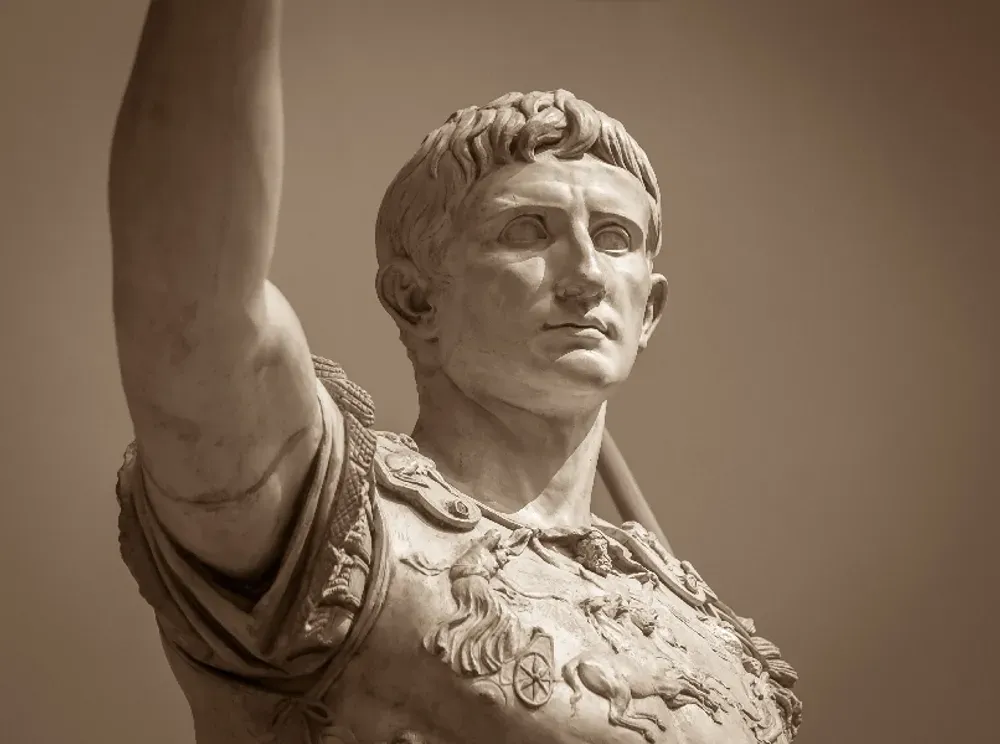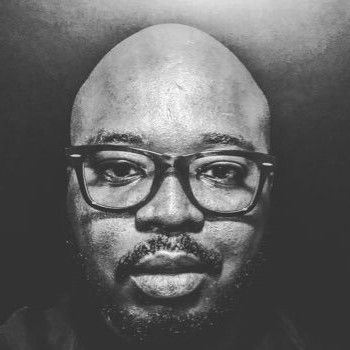One of my oldest friends tells me often that "weak cultures are always eaten by strong cultures." I think of this often. What's a strong culture? I explore that question in my essays, die slow or not at all, and also live long--don't die at all. If you can read them, please do. If not, I'll give you the summary here; strong cultures build institutions that (a) are fairly permanent [can exist for centuries] (b) propagate the culture's values, stories, rules and aspirations. By this definition, the state is perhaps the most important institution a culture can create.
If we look at some of the world's oldest nations, countries like the UK, China or Russia. The dynasties or regimes or republic iterations that rule them may change over time; but the idea of "England" or "the Fatherland" or "the Middle Country" persists across all permutations. As an example, this last week the private military company, Wagner--executed a failed insurrection in Russia. In his response to it, the President of the Russian Federation made a reference to the 1917 civil war in Russia. For context, at the time Russia had just gone from being a Tsarist monarchy under Nicholas II into a Socialist State under Lenin--and was dealing with a civil war that made that emergent regime fragile at the time. Since then Russia emerged from the Socialist Soviet regime and reconstituted itself--regardless, in the mind of their President--Russia remained Russia throughout. That's a consequence of cultural abstraction.
In any case I digress. This essay is not about culture. It's about the idea of the Republic. Or more vaguely, it's about the State. In the Roman times, the word Res Publica, was used as an alternative reference to the State. The word approximately means "our thing." The Republic was something that belonged to everyone who was a citizen. It was the shared identity, the totality of belonging. It was the lands you walked on, the culture you enjoyed, the games you watched together in the amphitheatre. You defended it at war because your family was part of the amalgam that made "it" what "it" was. In other words, the Republic was a commonwealth; something shared by all who belonged to it.
After the close of the last republican civil war in Rome, Augustus Caesar was supreme. He was the undoubted first man of Rome. A lesser man would have descended into decadence, enjoying the trappings of total power, he did not. Instead he set about reforming the Roman State. Granted, at this point in his life--he was a veteran leader and general. He was also one to fear after rounds of proscriptions that took place before the civil war. Nevertheless, how he set about reforming the Roman State was what was noteworthy. He reordered how the Roman elites organised themselves, and created a new office of state. These reforms were known as the "settlements."
Prior to Augustus' principate, Rome had been a republic led principally through a senate. This senate was itself presided over by two Consuls. These office bearers were elected each year, and their office lasted 12 months. During the middle republic, the senate was the apex political institution presiding over the Roman State. Indeed, the formal name of the state was "Senatus PopulusQue Romanus" often abbreviated as SPQR, meaning The Senate and the People of Rome. This name reflected the character of the Roman state; a commonwealth of the people as presided over by the senate--which represented them. Augustus' reforms augmented this by creating a new institution--his office; the first man. In today's parlance the closest equivalent would be "President."

In the context of Africa where we previously had Paramount Chiefs or Kings who ruled over subjects, this transition to a situation where all were equal citizens, and the President was at least nominally the first among equals certainly rings true. Augustus created the unofficial office of "Princeps Civitas", literally "first citizen" or alternatively; the ruler. There was no specific annunciation made that created this function, rather a series of reforms (the settlements) enabled the creation of this office; and it evolved over time. However, in principle, todays presidents are a form of democratically elected "Princeps". Not quite the Consuls of Rome who emerged from within the Senate as do Prime Ministers, they are something more executive and powerful. Augustus started as an accidental heir to the murdered Julius Caesar--but he chose to be more.
So--what is my point? Why am I talking about this at all?
My point is this, institutions are culture carriers--but leaders are often the people that embody the institutions. There is no American revolution without George Washington. There is no Singapore Story without Lee Kuan Yew. There is no modern France without Charles De Gaul, and there is no democratic South Africa without Nelson Mandela.
Leaders are the means through which cultural change happens. They are also the means through which institutions are sustained. Ultimately, institutions are people. They languish or thrive under the stewardship of those who oversee them. Great leader animate institutions, they make alive the culture. They make transcendent goals achievable. They motivate belief. They help people keep the faith. They make people want to belong to the shared thing. They keep the traditions, but they sometimes also reform them. They start new things, but they also pass down old things. They make old things new, and new things rooted.
Leaders make a national ethic possible. They make a national dream alluring and rally people around it. They take what is impossible and shape it into goals that make it possible--and inspiring. They engage elites to build consensus, and they also motivate the grass roots around common ideals--making sure change sticks for the long term. They are indomitable, they energise, they empathise. Whilst being far, they are near. They are the state incarnate. Louis XIV famously said "L'État, c'est moi", meaning "I am the State." In a sense that is the role of State leaders and also their ministers; the Leader is an avatar of the State--and the ministers role within their function is to reflect something of the State in their job.
The Strategic African State is something that must be built--but it starts with Strategic State Leadership. Those that hold State office need to represent, and to manifest the most noble elements of what their State is. They must reach out to be more, and in so doing they can motivate themselves, their elites, and their proletariat to become more. The reform starts within.
Be more.
Africa's republics are young. Our republican heritage is essentially still in day 1. Every office bearer, and especially State leaders have the responsibility of being vanguards of the future, and in so doing being builders of a cultural legacy that makes our nations persist for the very long term--in success. The great thing about building on day 1 is that you can determine so much of what will become cultural legacy. It is a high outcome pursuit.
The way to build strong cultures, is to build or encourage strong leaders. People who have a strong sense of self belief and match it with the talent to actually perform. Over time, this builds a culture of excellence and also a strong sense of self esteem. This is the foundation of strong cultures. These strong cultures create strong states; and strong states are able to protect the interests of their people. Building a strong culture is how you also build a strategic state that remains strategic for the long term.


